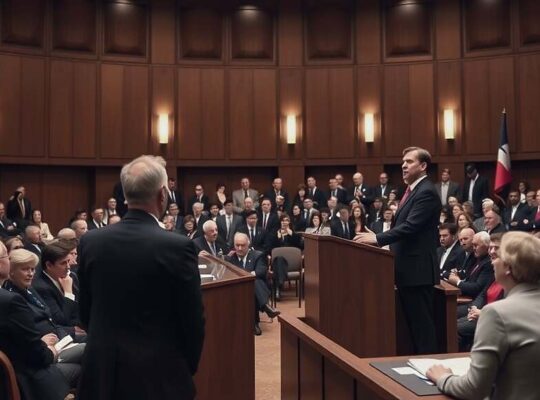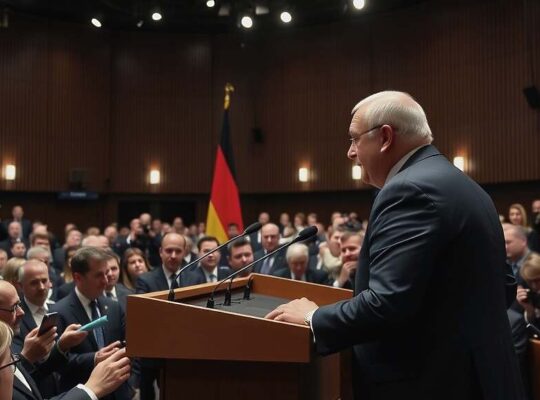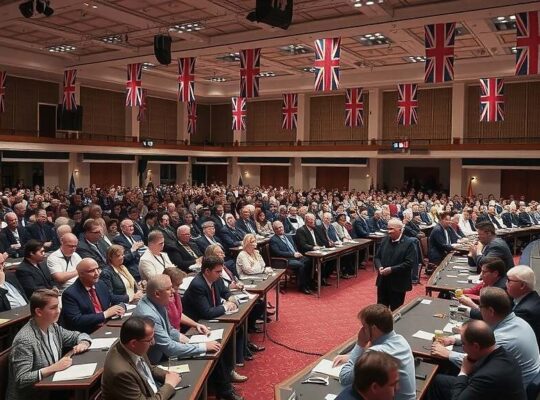Concerns are escalating within the German Bundestag regarding Russian influence and potential espionage, with leading figures from the Christian Democratic Union (CDU) and the Green Party issuing stark warnings about the AfD’s vulnerability to Kremlin manipulation. Marc Henrichmann, Chairman of the Bundestag’s Intelligence Oversight Committee, stated in an interview with “Handelsblatt” that Russia is demonstrably leveraging its presence within the parliament, particularly through the AfD, to gather sensitive information. He asserted that Moscow’s interest in the party stems from hybrid warfare objectives and accused the AfD of willingly aligning itself with Putin’s agenda.
Konstantin von Notz, Vice-Chairman of the committee, echoed this assessment, arguing that the AfD is actively damaging Germany by serving as a mouthpiece for dictators worldwide, pushing their narratives into public discourse and parliamentary proceedings. Von Notz highlighted repeated warnings from German intelligence chiefs emphasizing Russia’s exploitation of extremist viewpoints and the recruitment of individuals to serve its purposes.
The warnings have been intensified by the planned trip to Moscow by Markus Frohnmaier, AfD’s Deputy Parliamentary Group leader. The trip has drawn condemnation, with CSU General Secretary Martin Huber publicly urging the AfD leadership to cancel it, characterizing such actions as tantamount to treason. Frohnmaier has emphatically denied the allegations, claiming to be solely motivated by the interests of Germany.
The accusations represent a significant escalation in the scrutiny faced by the AfD and underscore a growing political debate within Germany regarding the potential for foreign interference and the responsibilities of parliamentarians in safeguarding national security. While the AfD has dismissed the criticisms as unfounded, the accusations from within the Bundestag’s own oversight committee cast a serious shadow over the party’s stance on Russia and its commitment to democratic principles. The incident highlights the delicate balance between freedom of movement and the need to protect against covert operations targeting sensitive governmental information.












